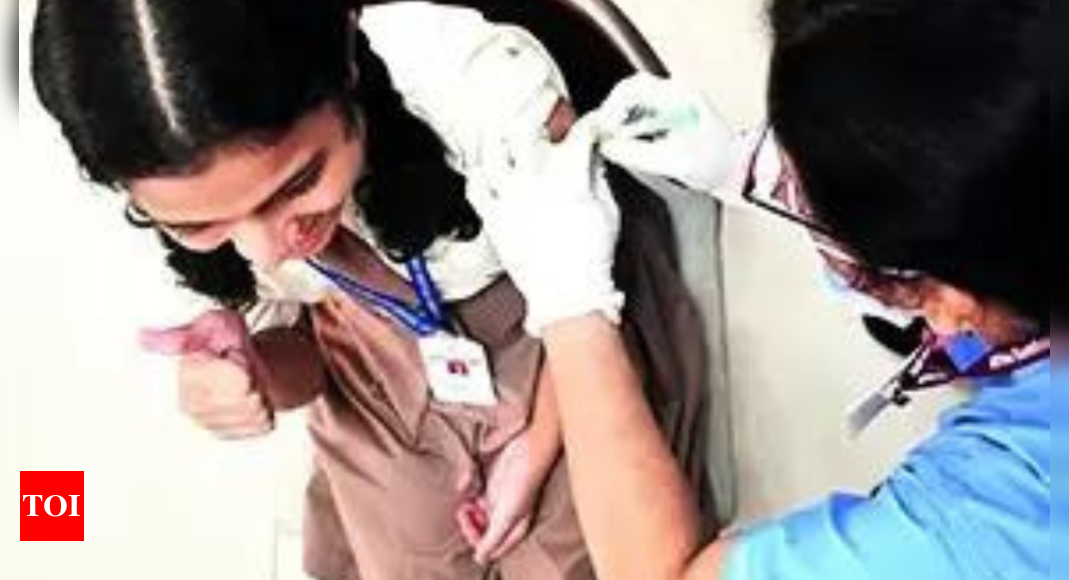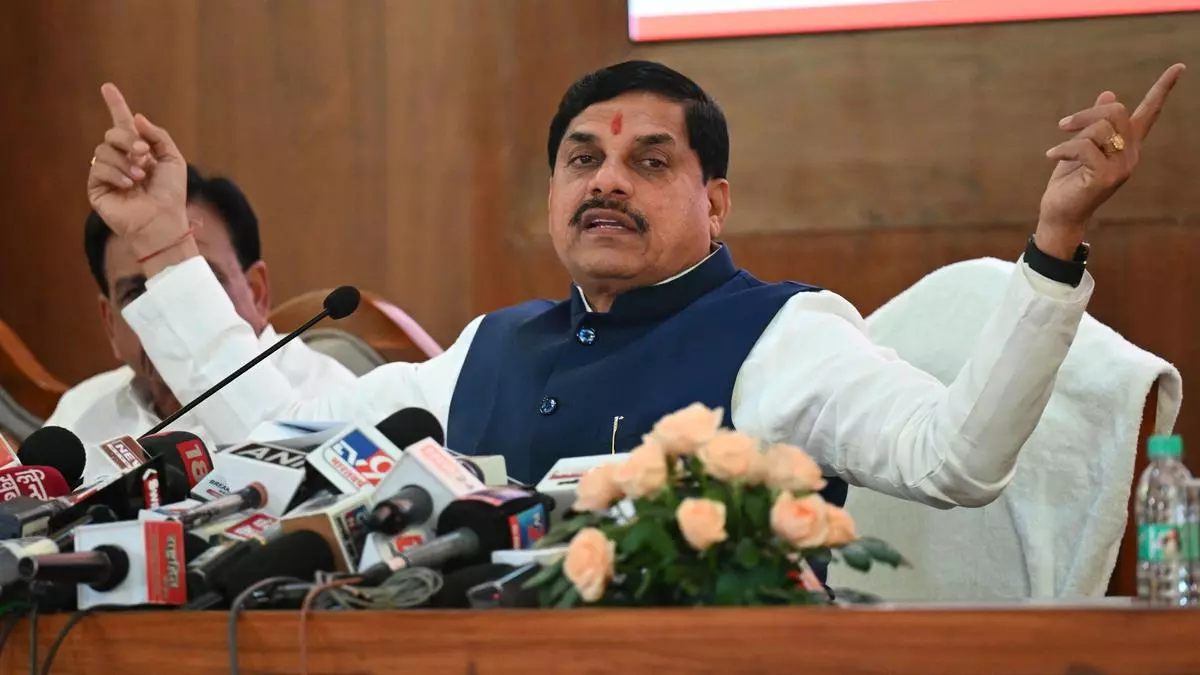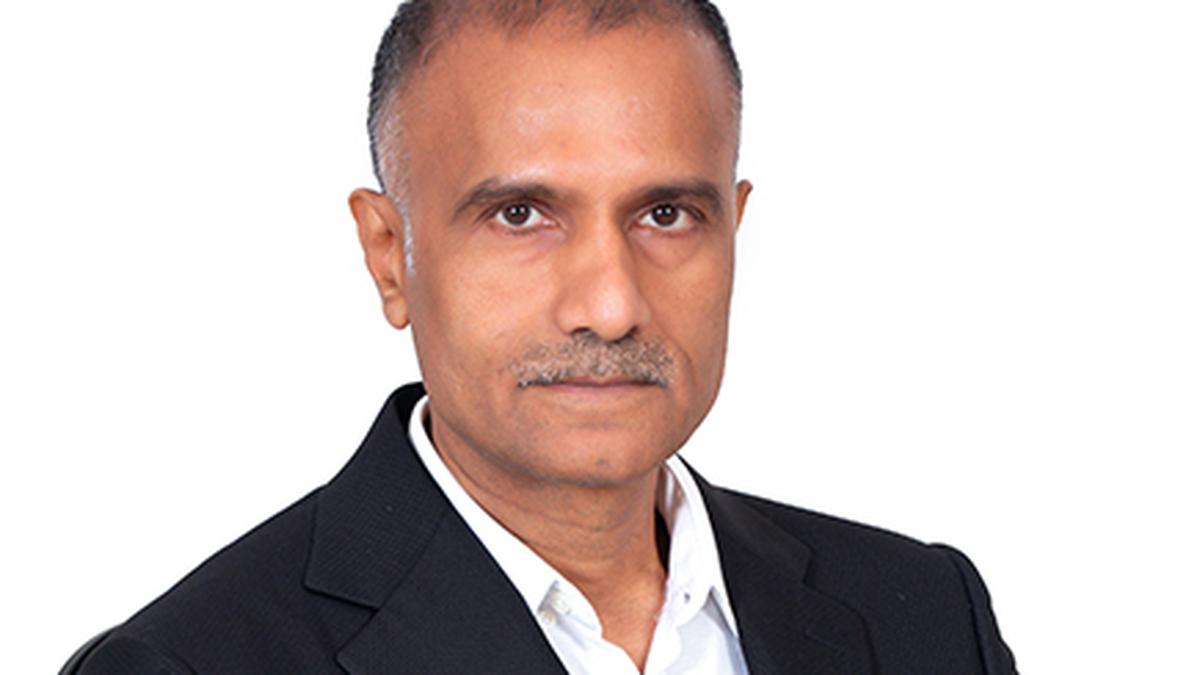Age at HPV vaccination up to 18 years has little impact on the durability of immune response, a study published in the journal Human Vaccines and Immuno-therapeutics (HVI) has claimed. It is based on a long-term follow-up of a cohort of unmarried girls in India who received one, two, or three doses of quadrivalent HPV vaccine between 10 and 18 years. Previous studies demonstrated that girls receiving HPV vaccine at 10–17 years had at least twice the geometric mean titer of IgG (presence of antibodies) compared to girls receiving the same number of doses at 18–25 years, a few months after vaccination, suggesting inferior immune responses in the older age group. However, the HVI study did not find this to corroborate the earlier studies.
The study found that HPV 18 neutralising antibodies were not detectable in 45.9% and 61.5% of younger and older recipients, respectively. Nonetheless, for single dose recipients, there was no difference between age groups as far as the geometric mean of either binding antibody against HPV 16/18 or neutralising antibody against HPV 18 at 10-year post-vaccination was concerned, although the HPV 18 neutralising antibody titer in the older age group was significantly lower compared to their younger counterparts. The high protection even in those receiving the vaccine at an older age is obvious from the fact that only a single case of persistent HPV 16 (and no HPV 18) was detected in the single dose cohort as opposed to 2.5% of the unvaccinated women being detected with persistent HPV 16/18 infections. Among the younger (10-14 years) recipients of a single dose, 97.7% and 98.2% had detectable binding antibody titers against HPV 16 and HPV 18, respectively, at ten years post-vaccination. The proportions among those receiving a single dose at age 15-18 years were 92.3% and 94.2% against HPV 16 and HPV 18, respectively, the study found.
HPV vaccines protect against infection with HPV, a group of more than 200 related viruses, of which some types are known to cause cervical cancer — the second most prevalent cancer in women in India. In a position paper published last year, the World Health Organisation (WHO) recommended a one or two-dose schedule for girls aged 9-14 years, a one or two-dose schedule for girls and women aged 15-20 years, and two doses with a 6-month interval for women older than 21 years.










